Welcome to issue 71 of the Call to Comms!
This week, on June 20, we mark World Refugee Day to pay tribute to the strength and courage of people who have been forced to flee their homelands to escape conflict or persecution. We want to highlight the people we meet in our missions, like Feliciano, a man who fled violence in his country and applied for refugee status.
Why is World Refugee Day important?
Out of the 110 million displaced people worldwide, more than 36 million were refugees in 2023, with 69% of them hosted in neighboring countries.
From the creation of TSF in 1998, which brought communication to people fleeing war in Kosovo, to today's crises, we have met countless people forced to leave their homes, finding a new life after having no choice but to flee what they knew.
TSF's team in Mexico, who works in the Information Diffusion Project for Displaced People in Latin America, shares:
We know that this is one of the most important journeys of their lives and that it's about a deep love of life and caring for their families."
The story of Feliciano, applying for refugee status
In Latin America, many people are fleeing violence and harsh living conditions, like Feliciano, a Honduran we met at a reception center for asylum seekers. He began his journey three years before we met him.
"I fled the violence of the Maras and the economic situation in my country. They abduct your child or kidnap you, they threaten you...". Feliciano has four children, two in Los Angeles and two in Honduras. For him, the only solution was to "sell what little we have, and come to Mexico".
“I thought I was going to die here.”
When he arrived at the shelter, he was in poor health: he had neck and back injuries and suffered from heart problems. The refuge helped him access health care: “I'm undergoing medical treatment to be able to work when my refugee status is resolved. My application for refugee status has been rejected three times because of errors in the spelling of my name."
“I felt depressed being sick, I wondered, ‘what am I going to do here?’ I thought I was going to die here, my heart condition was very bad. They gave me medical assistance through [the shelter]; the [Information Diffusion] screen and the help of [the shelter] helped me calm down. They helped me with my papers and my health. The information on the screen helped me decide to stay [in the shelter]. "
He likes to check the screen every day to see what news or new information is available. “Everything is important: where to get information, to know places where they help you, shelters, etc. Not even on television do you see the information that comes on the screen, like train routes. I'm going to leave here encouraged, with my papers.”
“Everything is important [in the information on the screen].”
Essential information and connectivity for refugees
Refugees have the same communication needs as everyone else – they need to find healthcare providers and social services, register children to go to school… Dr. Maitland, professor in Information Sciences and Technology and guest of the Call to Comms last year, also stressed the importance of connecting refugee settlements, which are often located in remote areas with limited access to connectivity, so that they can find services, emotional support, information and more.
In Latin America, our information dissemination project provides specific information on administrative and legal procedures, so that people know if they can apply for refugee status, and have reliable information if they decide to apply.
“I'm going to leave here encouraged.”
Feliciano, Honduran man in a Mexican shelter, applying for asylum.
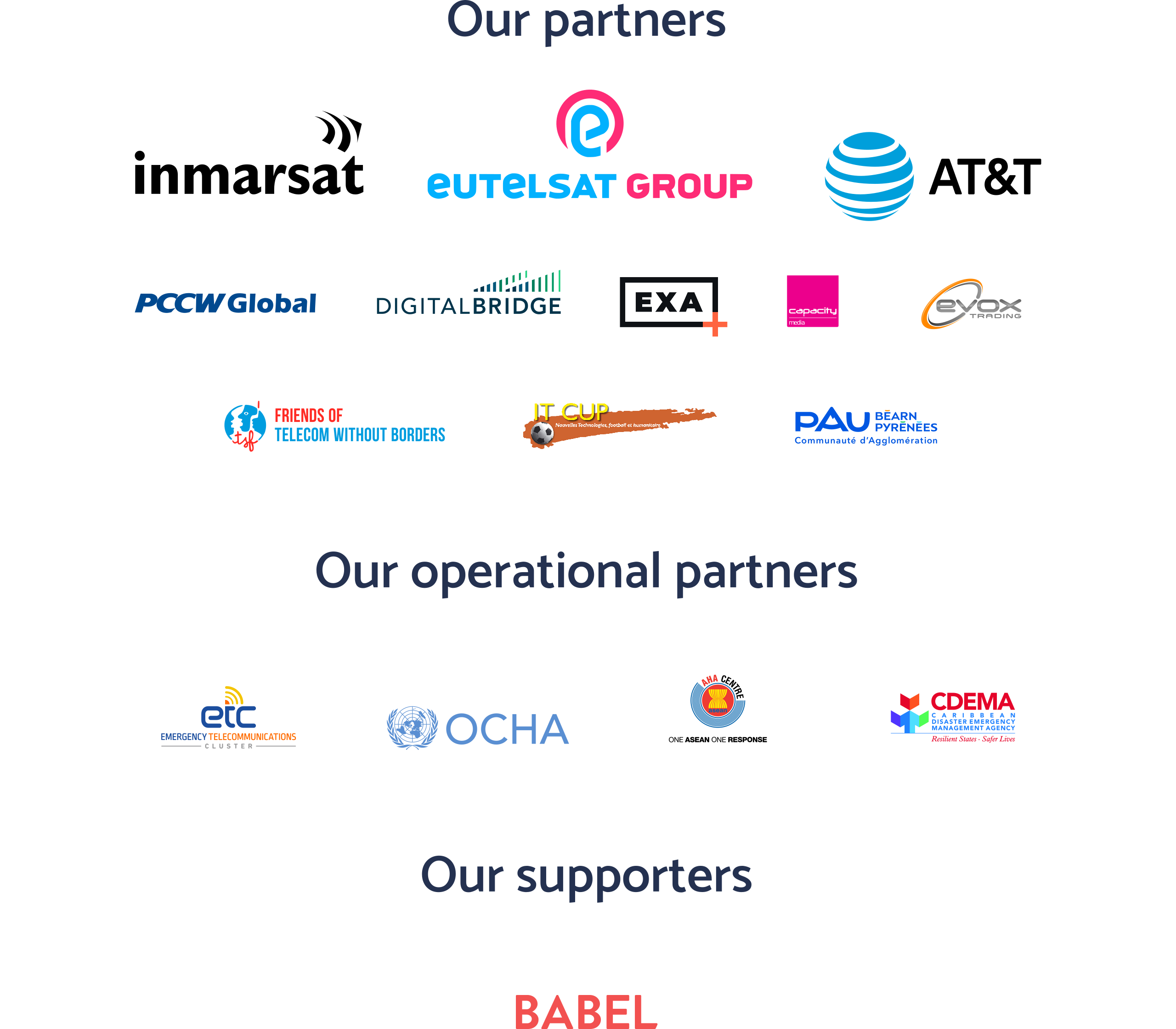
See you next week!


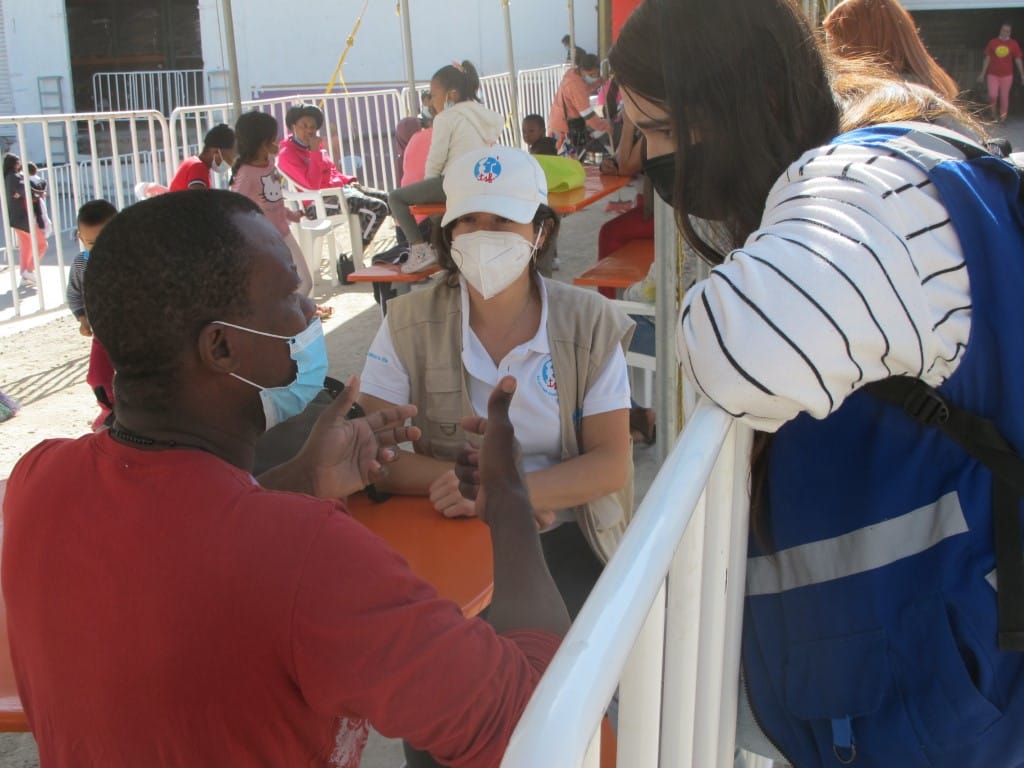



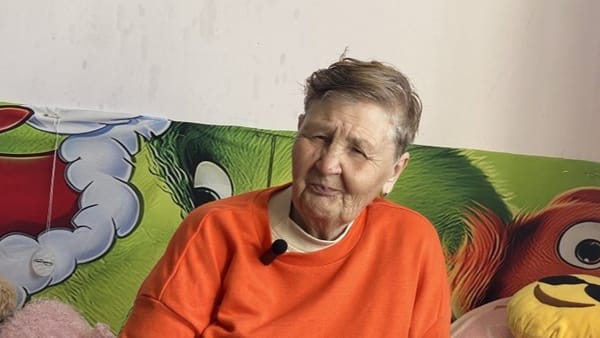
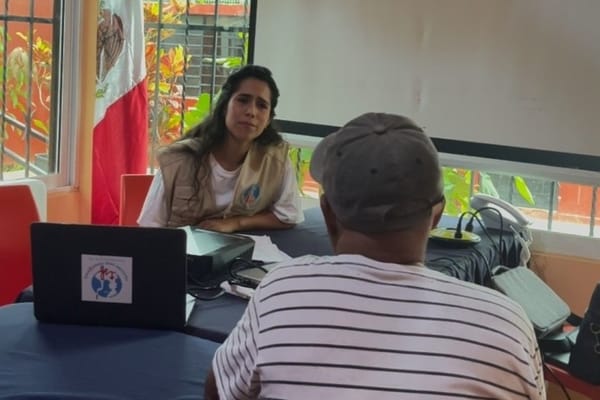

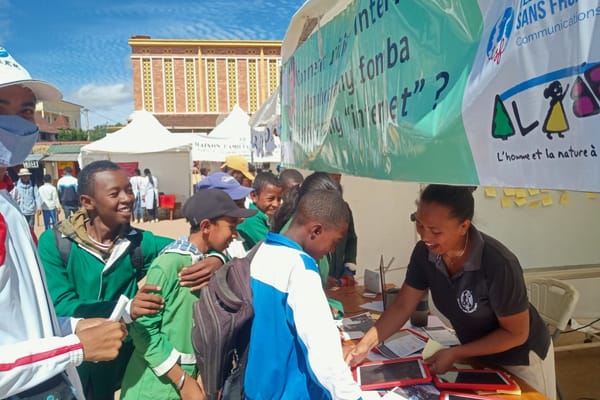
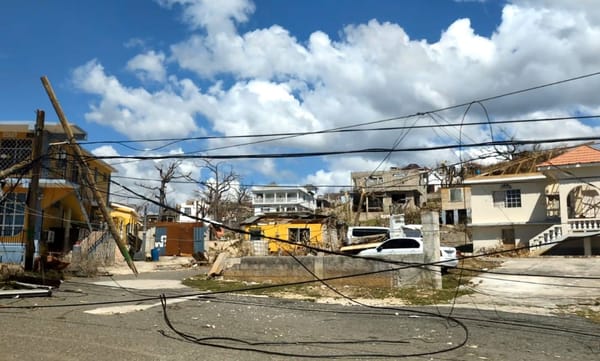
Member discussion